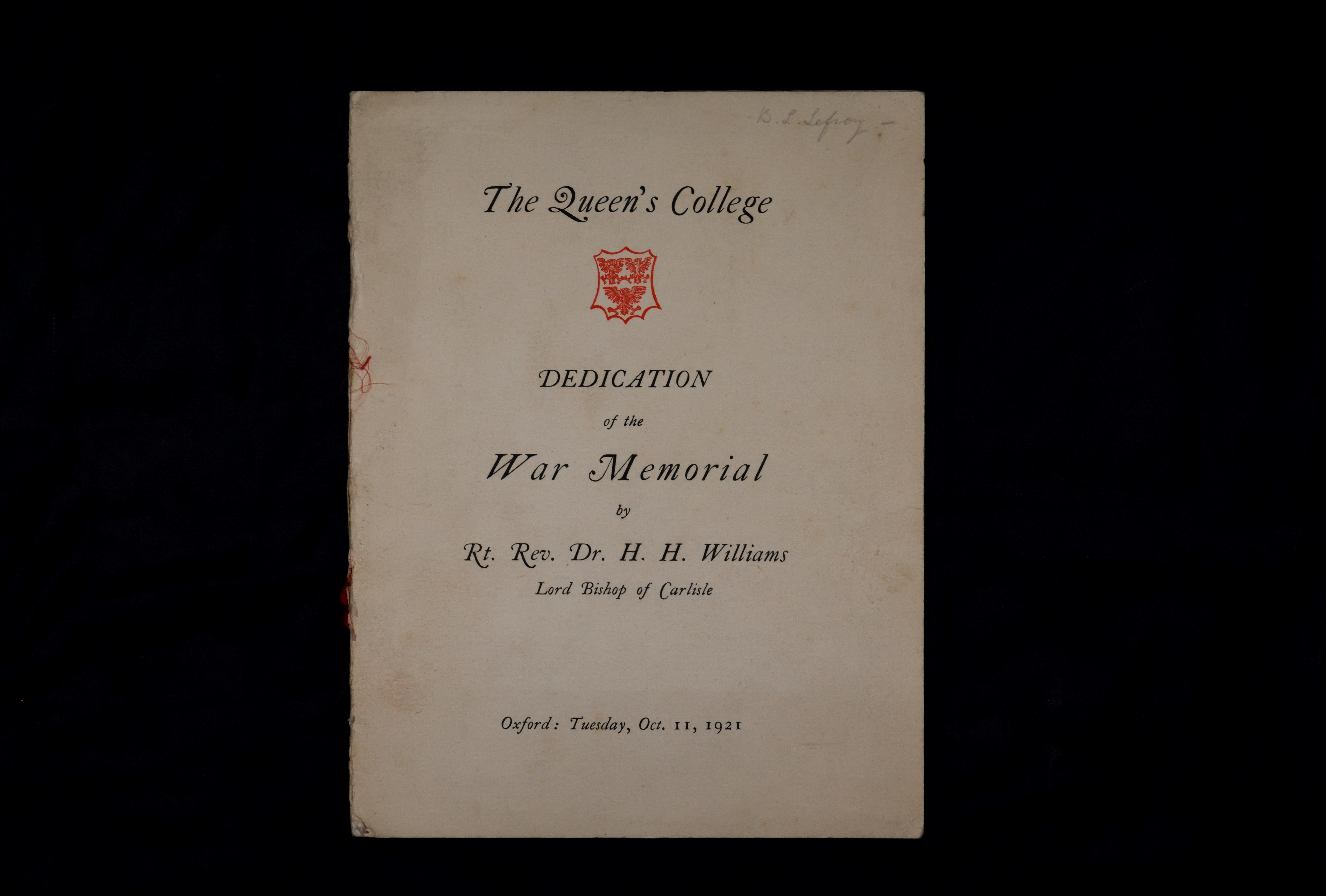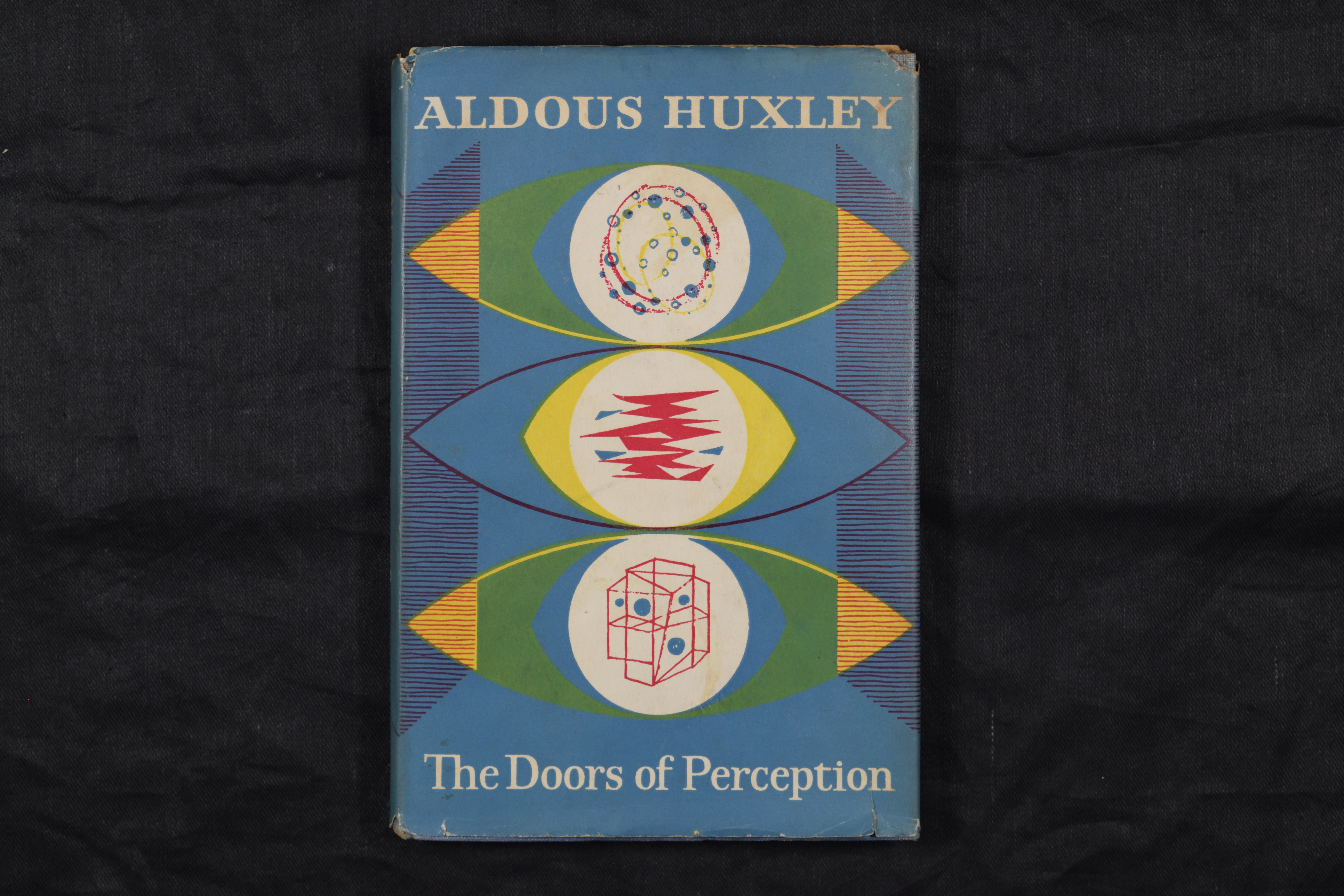
Perception: an exhibition
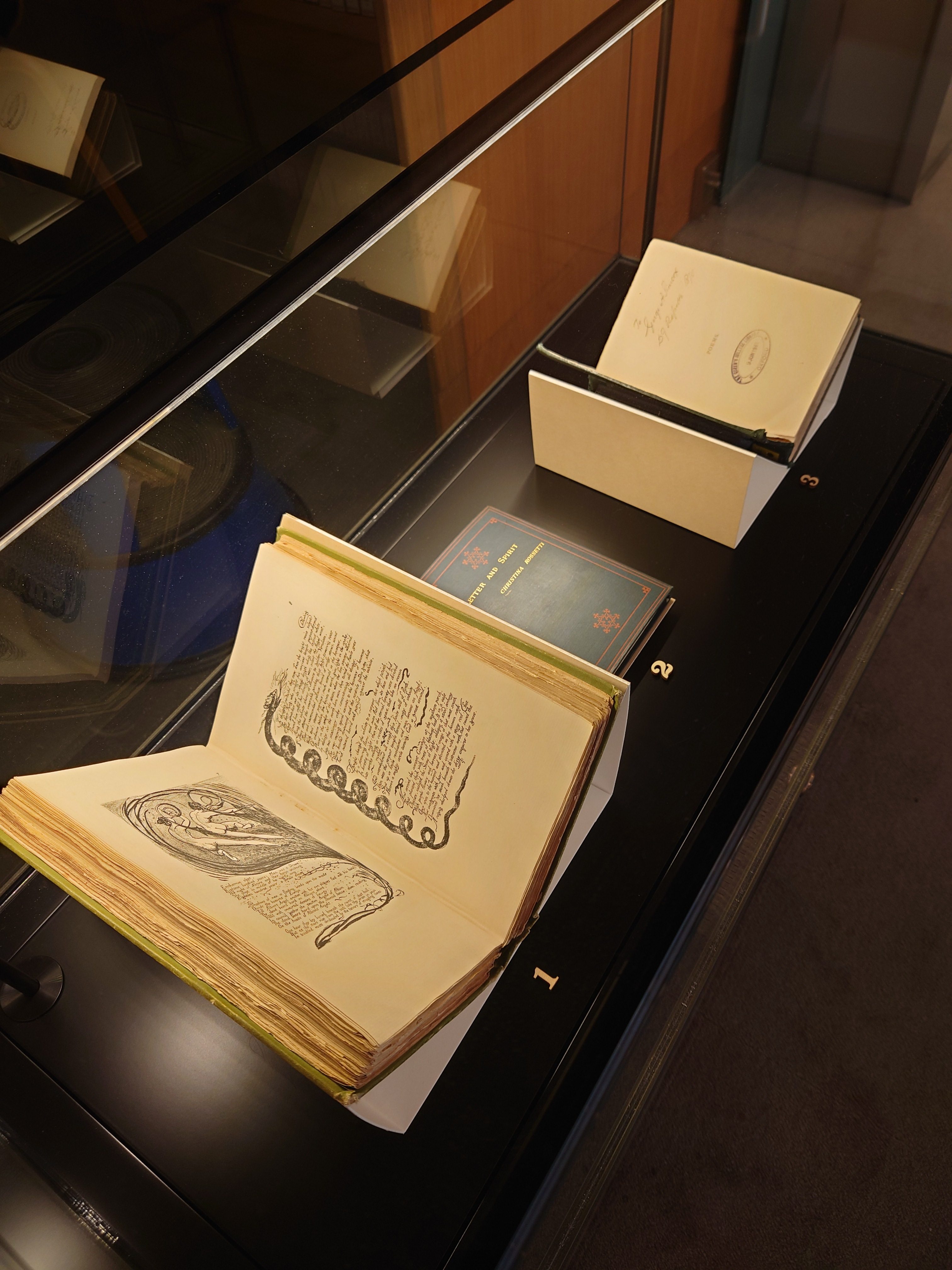
‘From the author’
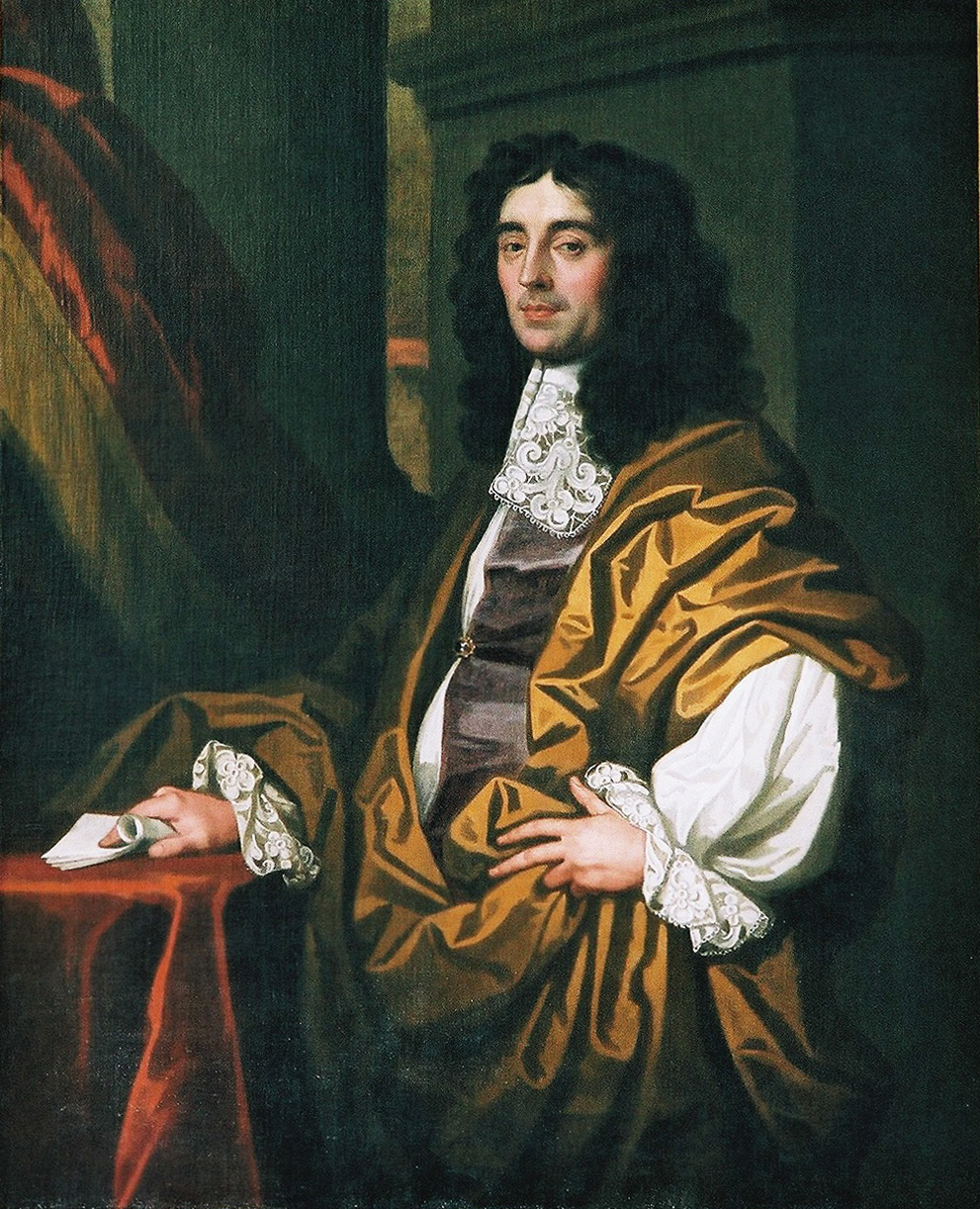
Joseph Williamson and the establishment of the transatlantic slave trade
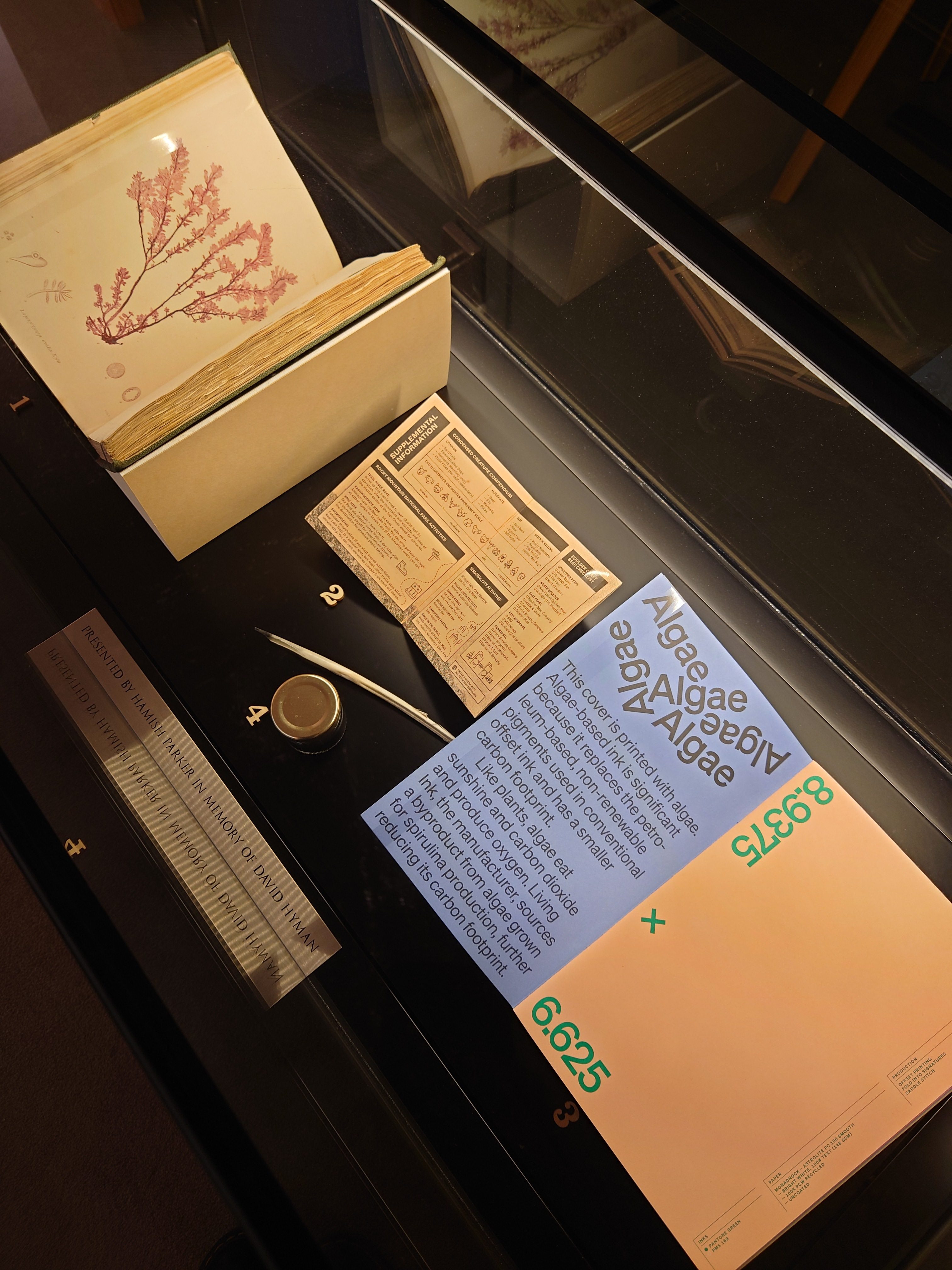
Ink : an exhibition
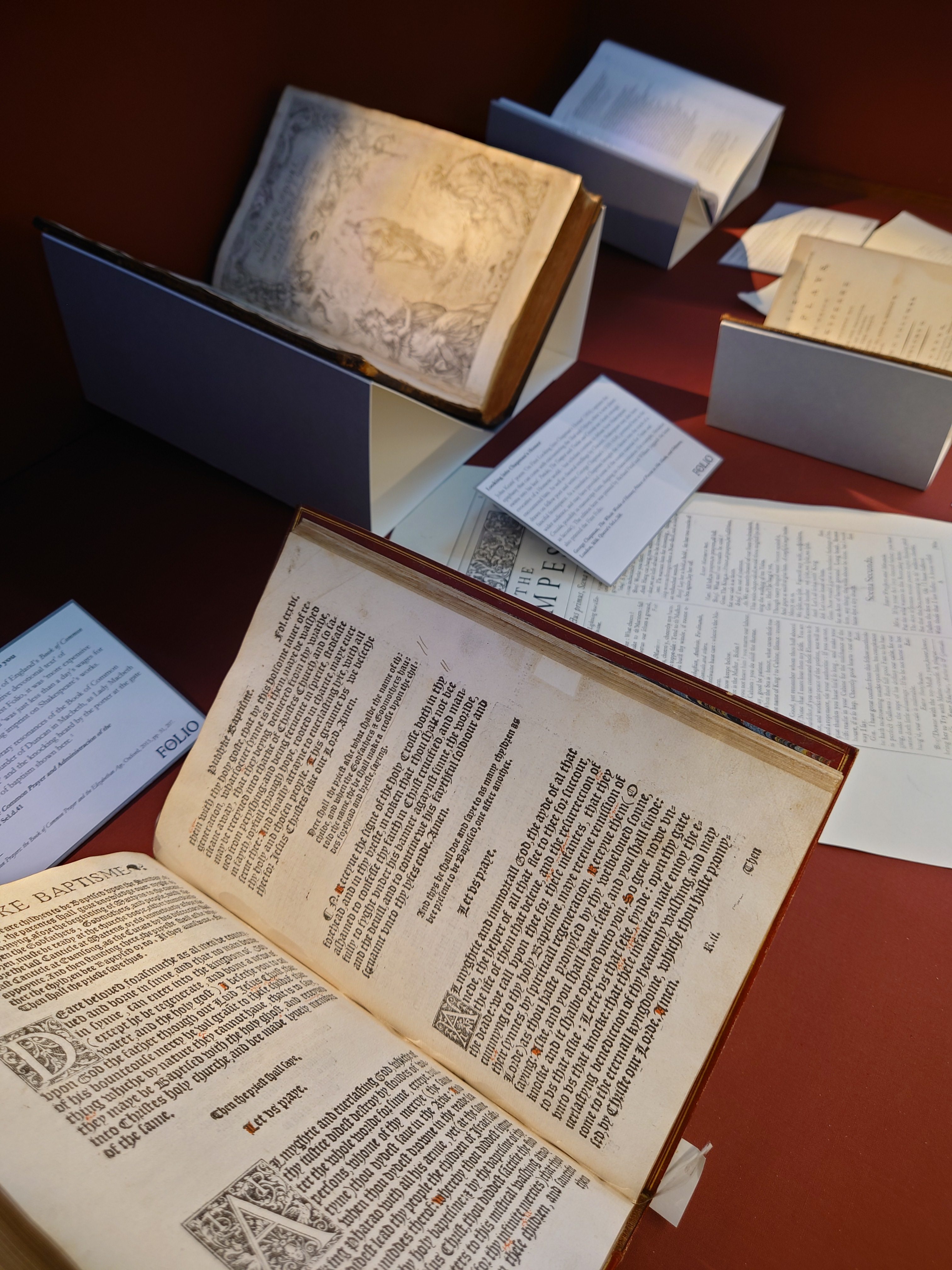
Shakespeare’s Books
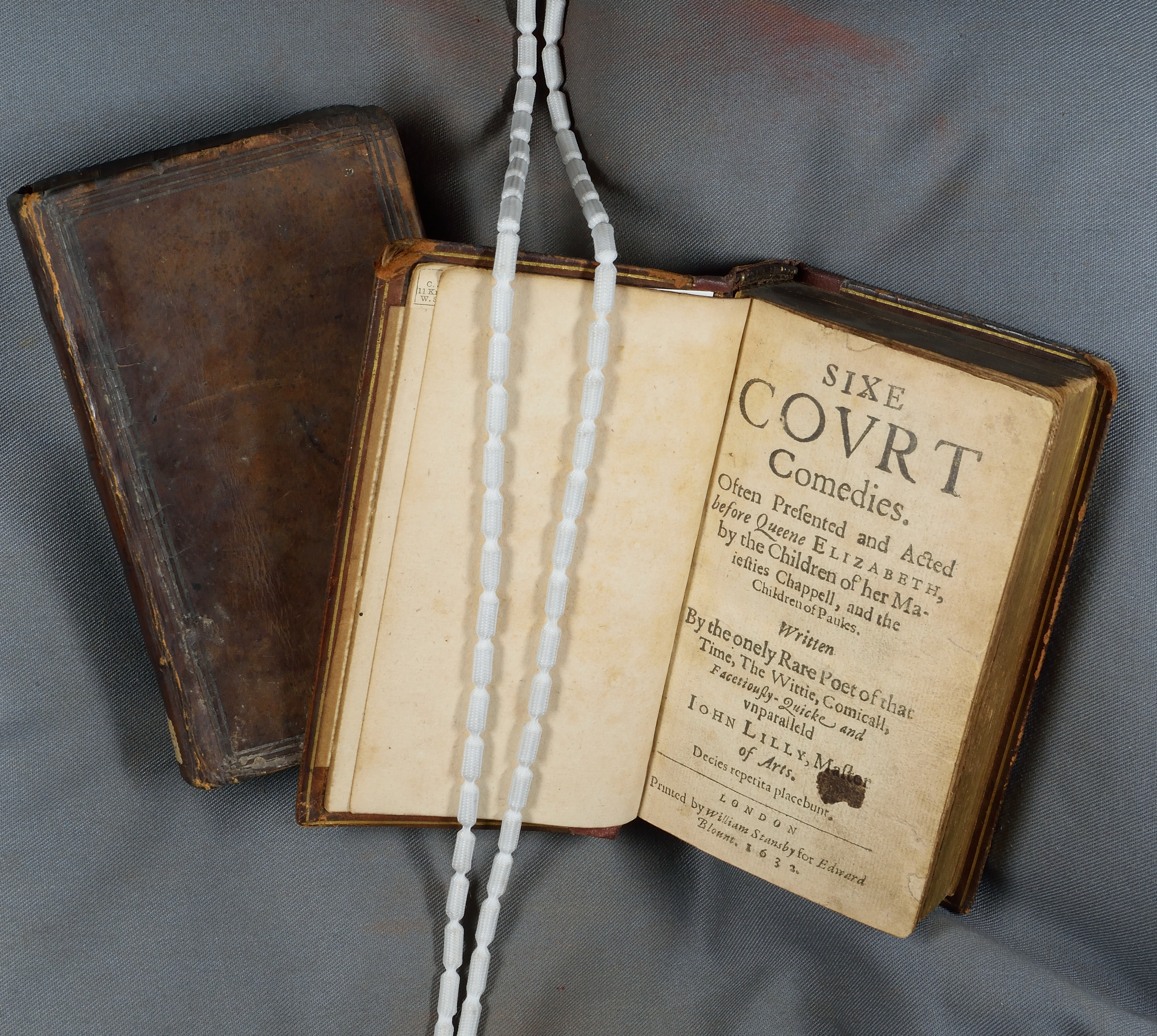
The Bodies of Shakespeare’s Contemporaries
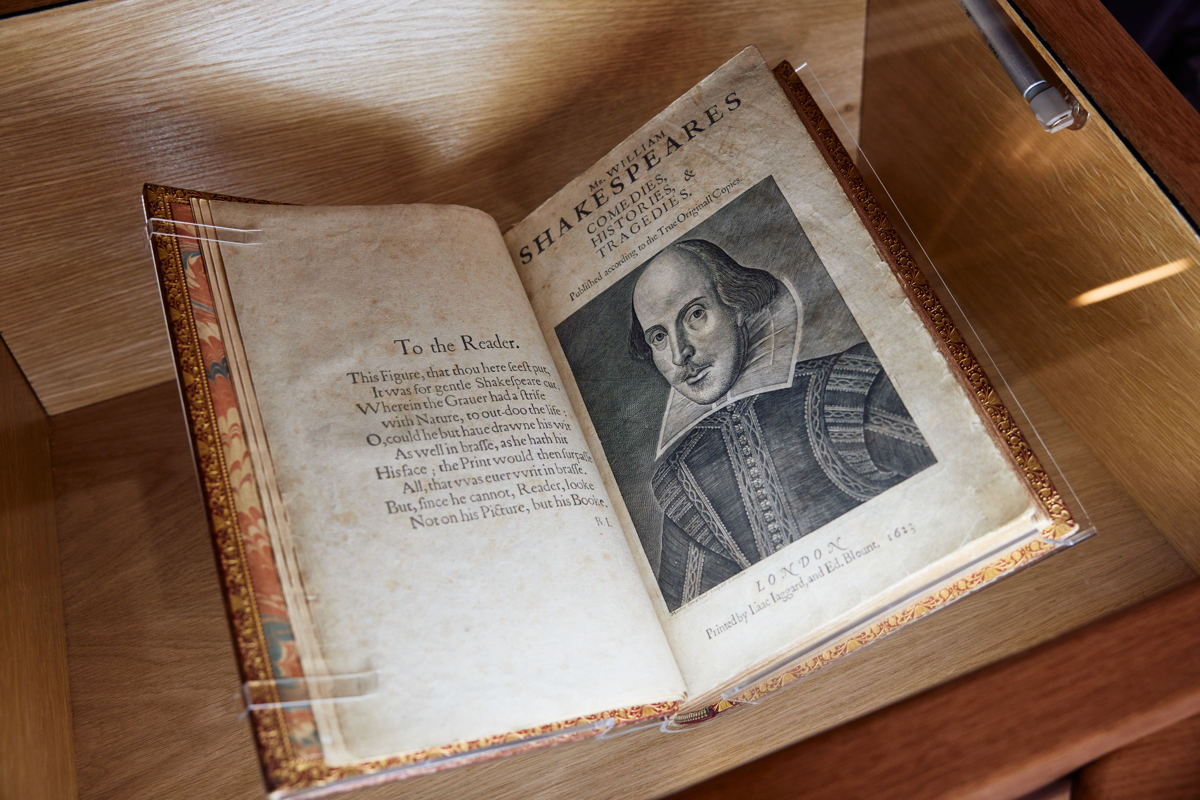
Folio 400 at The Queen’s College

Edmond Halley: In Print

Disease and the body

“Cummerland talk”: The Dialects of Cumbria and Lancashire
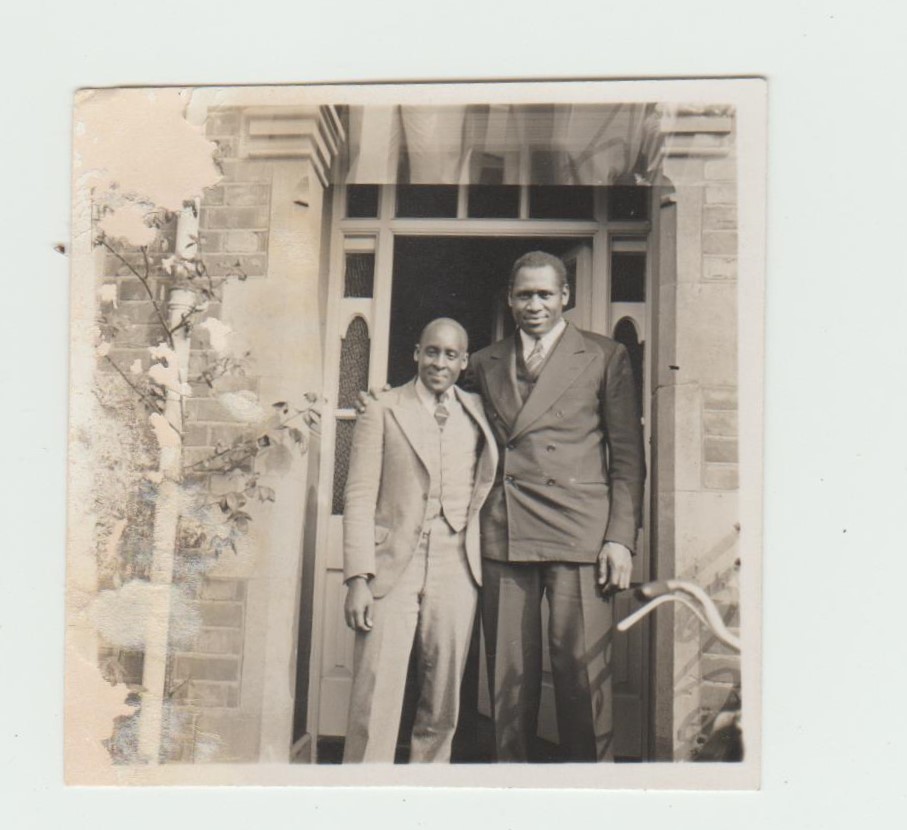
Africa Answers Back
